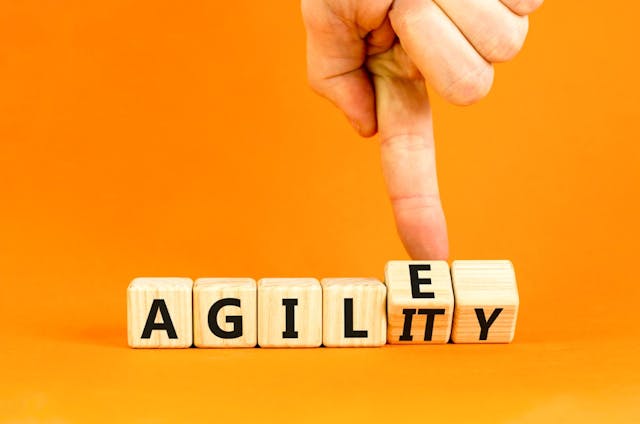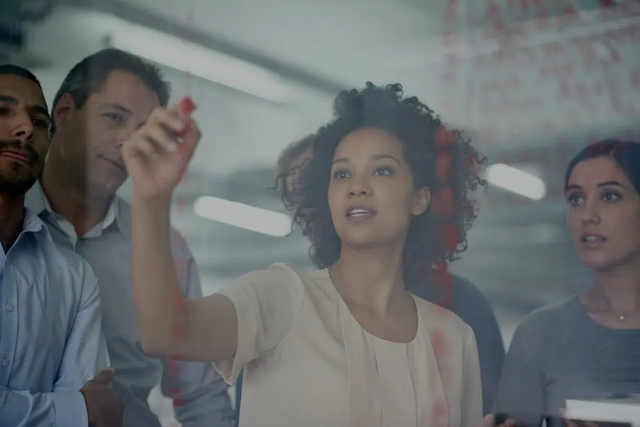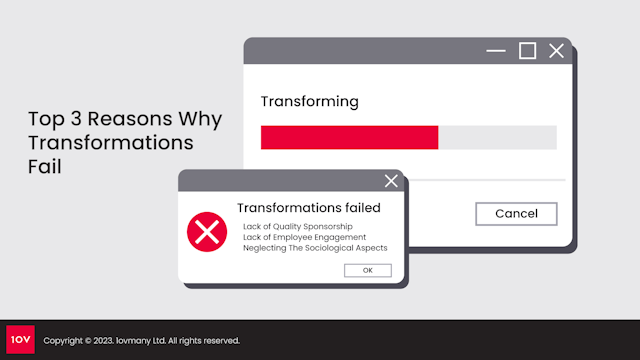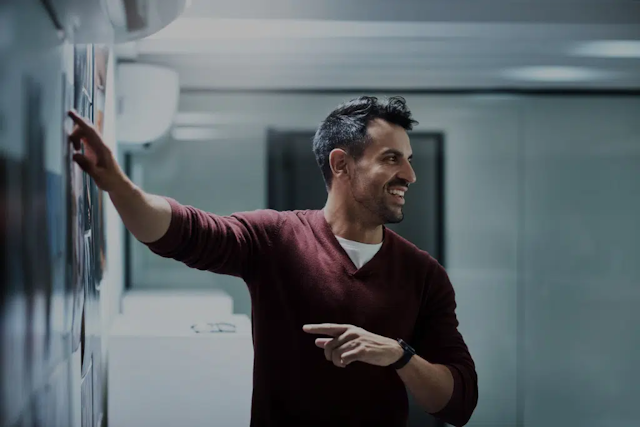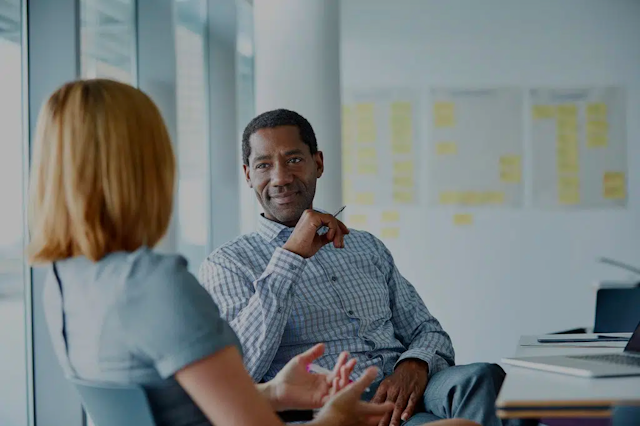How talking about mental health can support a better work culture
I was once guilty of hiding behind a smile. It was only when I started speaking out that I truly recognised the power in sharing experiences.
9 October 2022

Being mental health aware
Anyone who knows me, knows that mental health is a topic close to my heart, so when I was approached about writing an article for World Mental Health day, I jumped at the chance!
Then I had a moment of self reflection and thought why? Why did someone come to me, why was I excited about this?
My anxious ADHD brain raced through approximately 50 scenarios about why I was approached and what that may or may not have meant.
Of course, no one knew about these thoughts, except me.
You see, that’s the thing about mental health. Everyone has mental health, but we never really see what’s going on inside someone’s head.
While there are some great indicators, we are often too busy or preoccupied to recognise them, and in some cases, we don’t recognise our own, let alone others.
The mental health stigma
Signs of poor mental health are often generalised, with us believing that the experience is the same for everyone, or what helps one person is the same for everyone else.
Over the years I have had my own battles with mental health, but I have also witnessed many others too and not one experience has been the same.
There is still so much stigma around poor mental health and mental illness, that many people hide behind a smile.
To accompany this article, I wanted to create a video showing real people's experiences with mental health.
In doing so, I reached out to people who’d shared their experiences with me.
Sadly, many were too concerned about the reaction they would get from others by featuring in the video, and felt they’d be ridiculed or abused for sharing their story.
Only this morning while getting ready for work, I read that suicide levels for those aged 15-19 are the highest in 30 years and over 2 million antidepressant prescriptions have been given to teenagers in the past 2 years in the UK.
There is no doubt that the impacts of the pandemic have contributed to this, but there are many other factors too..
Our society is changing, some say advancing – but these figures make me question whether we are as progressive as we believe.
This highlights just how far we have to go.
The power of shared experiences
I was once guilty of hiding behind a smile. It was only when I started speaking out that I truly recognised the power in sharing experiences.
My first attempt at this was when I took over a new team, which happened to coincide with World Mental Health day.
I wanted to do something different to the usual Corporate spiel that was pushed out through leadership and on the company intranet, so I did. I decided to share my story.
I remember the day vividly, I was shaking. I had walked into a team of 20 people, who’d only known me for a week and decided to be vulnerable. It was a risk.
I went through my own mental health journey, which included sexual abuse, abusive childhood, impacts of family members with addiction and my attempt at suicide following a breakdown after endless struggles as a single working mum with a child who had additional needs.
The risk paid off, I earned so much respect from my team. They hadn’t heard a leader talk about any of their personal struggles.
I connected with them, because they saw me as a human not ‘their boss’.
I think that is something we often forget in corporate life, that we are all human.
Talking openly can nurture a stronger team
Being a vulnerable leader resulted in a connected team, who went from rarely talking about mental health, to openly discussing it.
Men who had bottled up their experiences, reaching out to me and speaking openly about their own challenges.
We made Mental Health a priority in the team, before anything else. I even started conducting my 1:1s differently.
For some this meant we went out walking – as this gave them time away from the house where they were stressed.
I had other parents confide in me, which helped me signpost them to critical support services.
As an unintended consequence, the team started to excel. I started supporting charity work, both Adfam and Women’s Aid alongside raising awareness of addiction & abuse and then sharing this at work.
Ultimately, sharing my own experiences helped others recognise they were not alone.
I am now proud to say that I work for 1ovmany, where I can openly speak with the Founders and the rest of the team about mental health.
Make mental health & wellbeing a global priority
The theme for World Mental Health Day this year is to ‘make mental health and wellbeing a global priority’.
To do this we need to understand how varied this is and look holistically at what is contributing to the mental health crisis we have right now.
We need to create cultures that support mental health, create open and transparent discussions as well as recognising just how varied and personal mental health is.
This can only come with education, awareness and access to the right support, at the right time, first time.
Many people wait years for support, some tragically never receive it. This isn’t something a ’Be Kind’ hashtag can solve.
So today, instead of asking someone ‘are you ok?’, ask ‘how are you?’.
Really pause and wait for their answer, ask again if you need to.
Remember, you never truly know what someone is going through and that big smile can hide a lot.
But, don’t forget – you need to put your own oxygen mask on first, before you can help others.

About the author
Becca Francis
Becca is an Agile Consultant and coach with a keen interest in Mental Health and Mental Health awareness.
